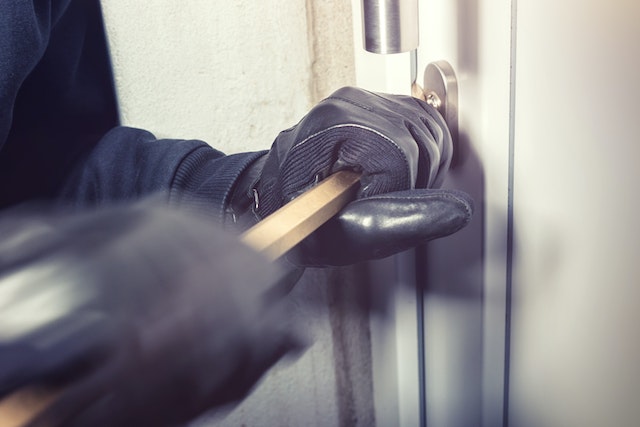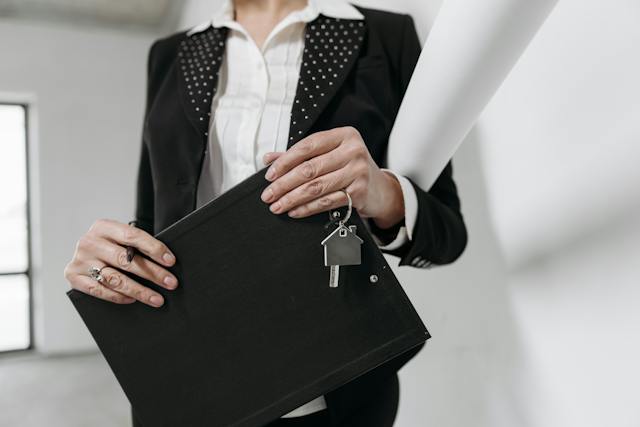Risks of Having a Vacant Rental Property
For landlords, managing rental properties is often a balancing act between finding good tenants and maintaining the property. However, your rental property will not be occupied at all times, and dealing with vacancies is a common part of being a landlord. As a rental property owner, the management of vacant rental units typically requires more attention.
Vacant properties, while a common occurrence in the rental business, come with their own set of risks and challenges, like the following:
1. Loss of Income and Increased Maintenance Costs
The most immediate and tangible impact of a vacant rental property is the loss of rental income. This passive income is a significant component of the profitability of rental investments.
Vacant properties also incur higher maintenance costs. Without regular occupancy, issues such as minor repairs or upkeep can go unnoticed, leading to larger, more costly problems over time.
Tips for Prevention:
- Regularly inspect the property to identify and address maintenance issues promptly.
- Consider reducing the rental price temporarily to attract tenants faster.
- Advertise the property on multiple platforms to reach a wider audience.
2. Theft and Vandalism
Vacant properties are attractive targets for theft and vandalism. Thieves often target such properties to steal appliances, air conditioning units, copper wires, aluminum pipes, and even antique pieces.

Vandalism is another risk, with individuals entering these properties to spray paint walls or create graffiti. These acts not only cause physical damage but can also lead to a decrease in property value and increased repair costs.
Tips for Prevention:
- Install security systems like alarms and surveillance cameras.
- Ensure the property is well-lit to deter potential vandals.
- Regularly check the property to signal that it's under supervision.
3. Squatting Issues
Squatters pose a unique challenge to vacant properties. Especially in the case of furnished units, squatters might take residence, using the property's facilities without permission.
This unauthorized occupancy can become a legal issue for landlords, as squatters may acquire certain rights over time, making eviction processes complicated and potentially costly.
Tips for Prevention:
- Secure all entry points to the property, including windows and doors.
- Hire a property management company to regularly monitor the property.
- Establish a good relationship with neighbors who can report any unusual activity.
4. Increased Fire Risk
Vacant properties are more susceptible to fires. Without regular monitoring, systems such as heating can malfunction or accumulate dirt, leading to overheated motors and potential fire hazards. The risk of arson increases in unoccupied properties, either accidentally through negligence or deliberately by intruders.
Tips for Prevention:
- Regularly inspect and maintain heating systems and other appliances.
- Remove any combustible materials from the property.
- Install smoke detectors and fire extinguishers.
5. Water Damage and Mold
Water damage is a major concern for vacant properties. Leaks and broken pipes can go unnoticed for long periods, leading to significant damage. The presence of moisture can lead to mold growth, making the property a health hazard and potentially uninhabitable. It can also be expensive and time-consuming.
Tips for Prevention:
- Regularly inspect for leaks, especially after bad weather.
- Ensure proper ventilation on the property to prevent mold growth.
- Consider shutting off the water supply if the property will be vacant for an extended period.
6. Pest Infestations
Vacant properties can become breeding grounds for pests like rodents, insects, and other vermin. Without regular human presence and cleaning, these pests can infest the property, leading to health hazards and potential damage to the structure.
Tips for Prevention:
- Having the property inspected regularly for signs of pests.
- Implementing preventive pest control measures, such as sealing cracks and keeping the property clean.
- Addressing any signs of infestation immediately to prevent it from worsening.
7. Decreased Property Value
Extended periods of vacancy can lead to a gradual decline in the property's condition, which can negatively impact its market value. This is particularly concerning if the property is part of a competitive real estate market where appearance and upkeep play a crucial role in maintaining value.

Tips for Prevention:
- Maintain the property's appearance through landscaping and regular cleaning.
- Consider making small updates or improvements to keep the property attractive.
- Stay informed about market trends and make necessary adjustments to keep the property competitive.
Why You Should Hire a Property Manager
Hiring a property manager can be a significant step in mitigating the risks associated with vacant rental properties like:
- Regular Monitoring and Maintenance: Property managers conduct frequent inspections to ensure that everything in the rental is in working order. This proactive approach catches small issues before they escalate into major problems, saving time and money in the long run.
- Enhanced Security: Property managers can implement and oversee robust security measures such as installing alarm systems, surveillance cameras, and motion sensor lighting.
- Legal and Administrative Expertise: Property managers are well-versed in local and state property laws, including those pertaining to squatters' rights. They can efficiently navigate legal processes to resolve issues such as eviction or unauthorized occupancy.
- Emergency Response: In case of emergencies like fire or severe water leaks, property managers can respond swiftly. They have protocols in place for various types of emergencies and can coordinate with repair services and insurance companies.

- Tenant Screening and Placement: Property managers possess expertise in marketing rental properties, screening potential tenants, and managing lease agreements.
Conclusion
It can be risky to leave a rental property unoccupied since it exposes people to health and safety risks. Landlords should take preventative measures including conducting routine inspections, putting in extra security, and working with a reputable property management company to reduce these risks.
Landlords may maintain the safety and security of their rental property while it is unoccupied by following these recommendations and remaining up to date on local and state legislation.
Hire Redsail Property Management if you need assistance with managing your unoccupied rental property. To reduce any possible threats, our skilled team can assist in making sure that your property is secure and routinely inspected. To find out how we can assist in safeguarding your investment, get in touch with us today!